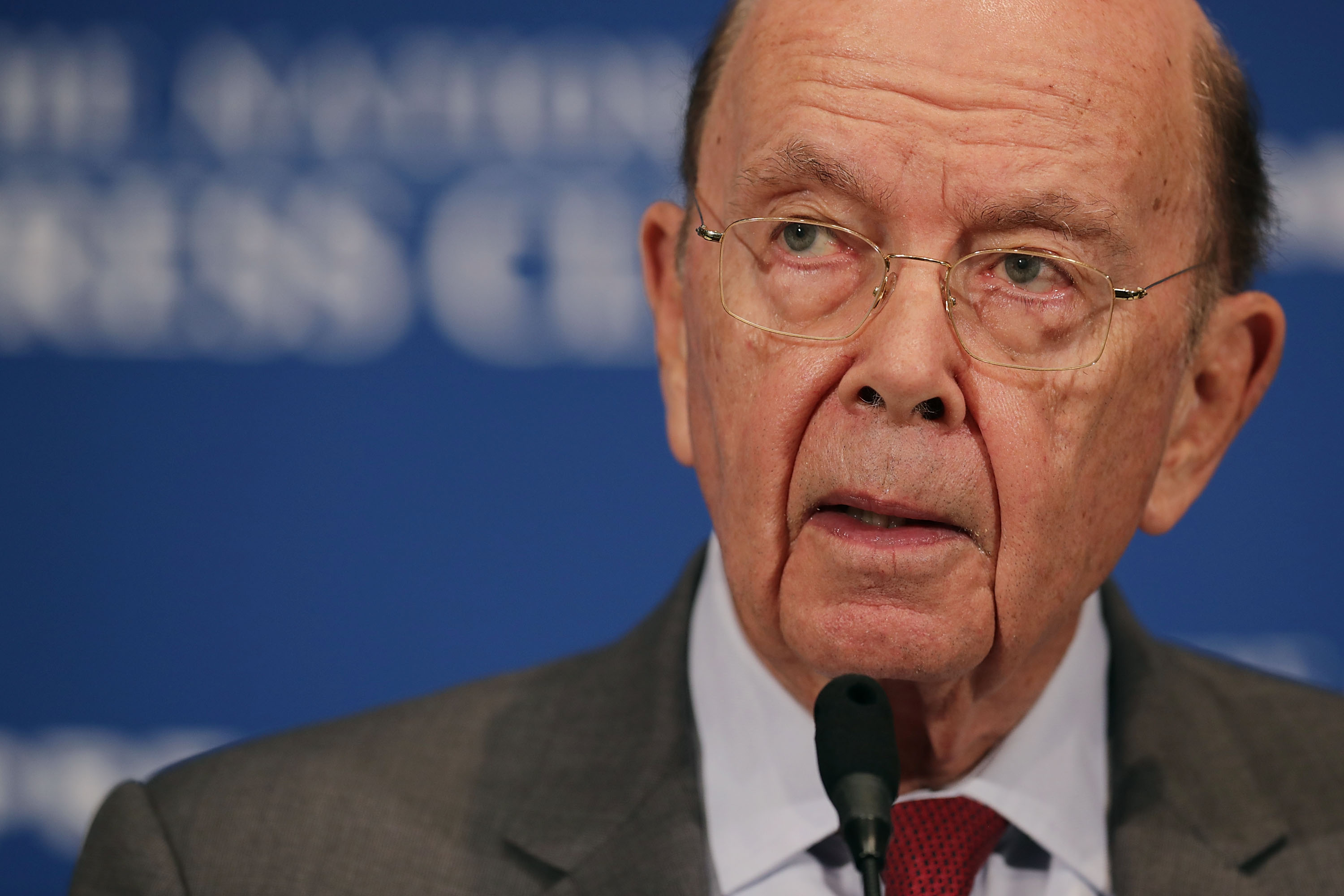Europe fears trade dispute escalation as US weighs auto tariffs
Photo: () | ©AFP
Frankfurt am Main (AFP) – The European Union and German automakers reacted with dismay Thursday after the US said tariffs on car imports could be on the horizon, potentially opening a new front in a burgeoning transatlantic trade conflict.
American Commerce Secretary Wilbur Ross on Wednesday said he had initiated an investigation into whether auto imports “are weakening our internal economy and may impair the national security.”
The move came after President Donald Trump tweeted there was “big news coming soon for our great American autoworkers”.
The European Union, which has been lobbying feverishly to remain exempt from US border taxes on steel and aluminium ahead of a June 1 deadline, expressed consternation at the latest White House announcement.
EU Trade Commissioner Cecilia Malmstrom said Brussels was “concerned” by the car tariffs threat, which she said would violate international trade rules.
“We’ll of course see what that is, what the investigation leads to, but as far as we can see this is something which is also against the WTO (World Trade Organization),” she said in Brussels.
“It is very difficult to imagine (car imports) create any sort of threat to the national security,” added European Commission Vice President Jyrki Katainen.
With German carmakers set to be among those hit hardest by the possible tariffs, the country’s auto giants were quick to add to the criticism.
Global behemoth Volkswagen condemned Washington’s “one-sided protectionism”, saying “only free and fair trade secures increased prosperity”.
The sentiment was echoed by luxury carmaker BMW, which said “barrier-free access to markets” was key to global growth and employment.
The German Chambers of Commerce and Industry (DIHK), which has calculated that autos and car parts accounted for over a quarter of Germany’s 111.5 billion euros ($139.9 billion) in exports to the United States last year, said the US move “should almost be seen as a provocation”.
German carmakers exported nearly half a million vehicles to the US in 2017, but they also built over 800,000 cars at American factories where they employ some 36,500 people — and car parts producers around 80,000 more.
Shares in Volkswagen, BMW and Mercedes-Benz maker Daimler were among the worst performers on the DAX index of blue-chip German shares Thursday.
– Global outcry –
Imposing car tariffs would open yet another front in the Republican president’s confrontational rows over trade that have drawn global outcry from allies and partners.
“Evidence of significant economic damage due to the trade conflict is mounting,” tweeted economist Marcel Fratzscher of the DIW think-tank in Berlin.
“The Trump administration now adding new threats with tariffs on European cars could make things a lot worse.”
The latest announcement comes as negotiations with Canada and Mexico over revamping the continent-wide North American Free Trade Agreement (NAFTA) have stalled over auto demands.
Trump had earlier blamed the US neighbours to the north and south for being “difficult” in talks to renegotiate the pact.
The contrast with a Thursday visit by German Chancellor Angela Merkel to Chinese premier Li Keqiang could not have been starker.
“China and Germany are on the path of promoting multilateralism and bolstering free trade,” Merkel said in Beijing.
Japan also voiced concern over the prospect of US car tariffs, with trade minister Hiroshige Seko saying they would “plunge the world market into confusion” and be “extremely regrettable.”
Passenger cars make up around 30 percent of Japan’s total exports to the United States and Tokyo has already threatened Washington with retaliation at the World Trade Organization for the steel tariffs.
– China cuts tariffs –
The Wall Street Journal reported Wednesday that Trump was asking for vehicle import tariffs as high as 25 percent.
That would move US policy in the opposite direction from China, where President Xi Jinping recently offered to cut border taxes to 15 percent from 25 percent.
In its statement announcing the inquiry, the Commerce Department cited figures showing that US employment in automobile manufacturing had dropped by 22 percent from 1990 to 2017.
Trump — whose protectionist platform helped launch him to the White House — has repeatedly floated the notion of steep tariffs that would shield the US auto industry.
He has specifically targeted Germany, and argued that American cars are slapped with higher tariffs than those imposed on European autos.
US cars sold in the EU are hit with 10 percent duties, while the US imposes just 2.5 percent on cars from the EU.
But Washington imposes 25 percent tariffs on European pick-ups and trucks — which the EU taxes at a much lower 14 percent on average.
burs-mfp/dlc/spm
Disclaimer: This story has not been edited by Siliconeer and is published from a syndicated feed. Siliconeer does not assume any liability for the above story. Validity of the above story is for 7 Days from original date of publishing. Content copyright AFP.


